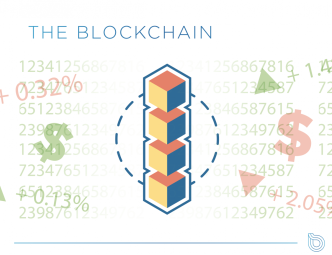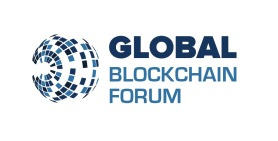 The European Commission (EC) has proposed over €50 billion ($56 billion) in investments as part of its strategy to create a Digital Single Market.
The European Commission (EC) has proposed over €50 billion ($56 billion) in investments as part of its strategy to create a Digital Single Market.
Included among the cross-industry initiatives are plans to coordinate national and regional strategies on digitising industry across the European Union’s 28 member countries. The EC will also set out to speed up the development of 5G communication networks and cybersecurity throughout the continent, as well as invest €500 million ($570 million) in a pan-European network of digital innovation hubs, supporting business technology needs.
Source: Billboard



 On July 26 Digital Media Wire and Concurrent Media Strategies will hold the inaugural
On July 26 Digital Media Wire and Concurrent Media Strategies will hold the inaugural 




